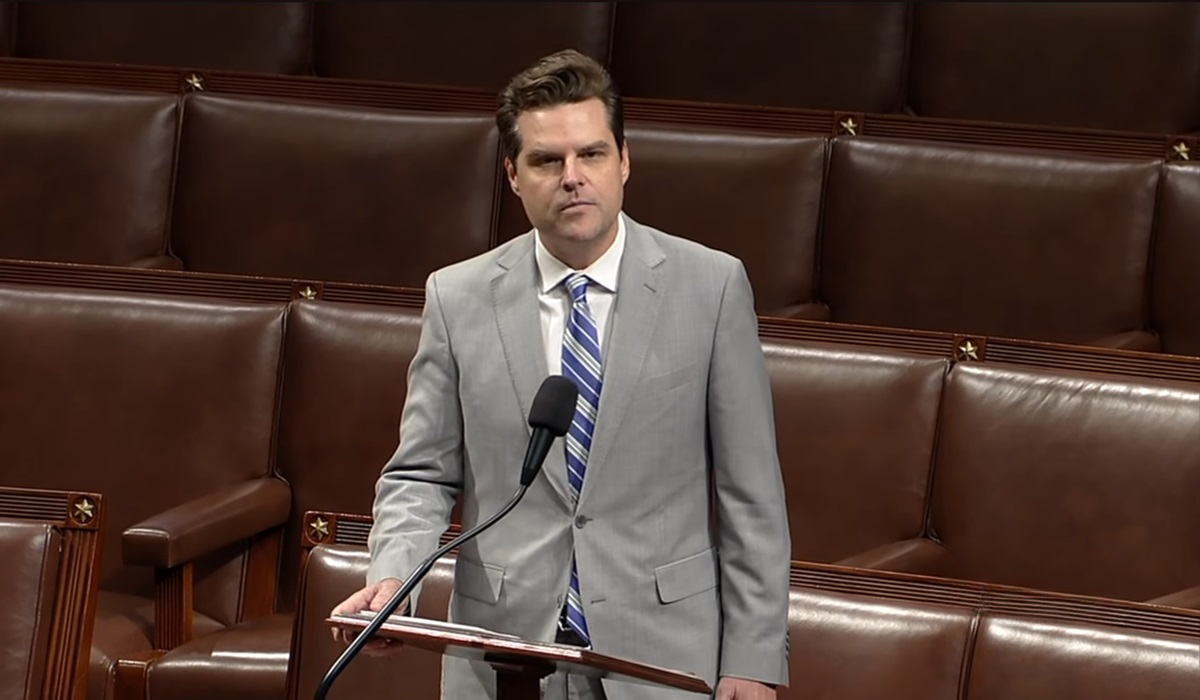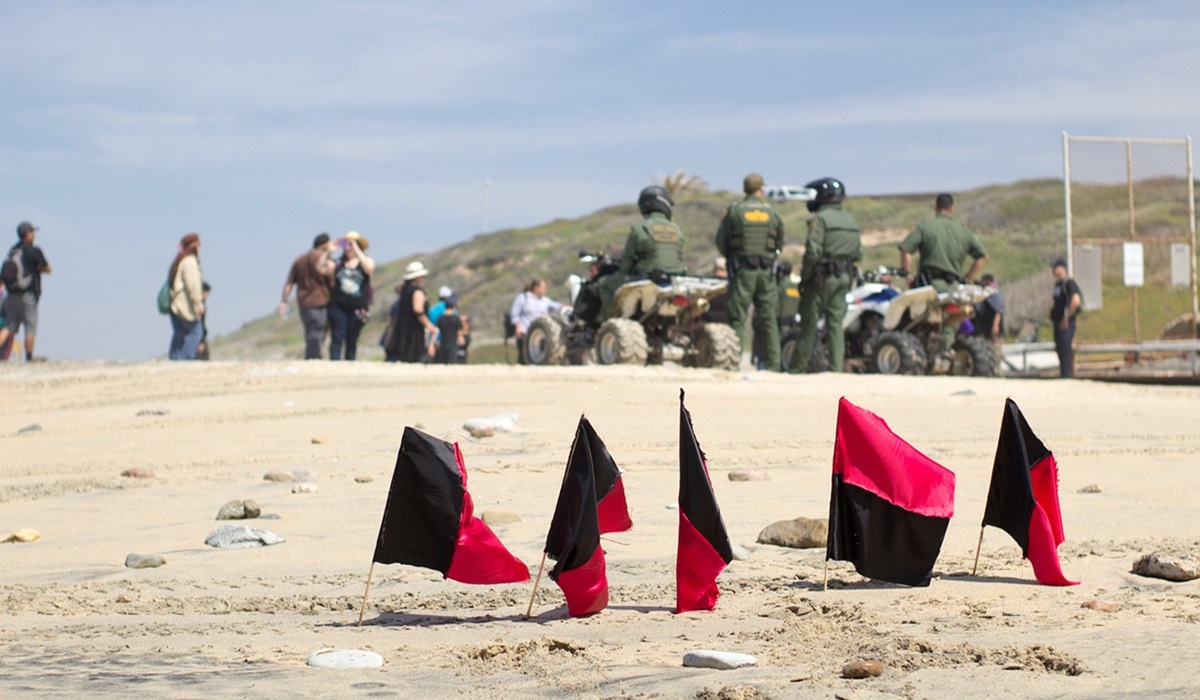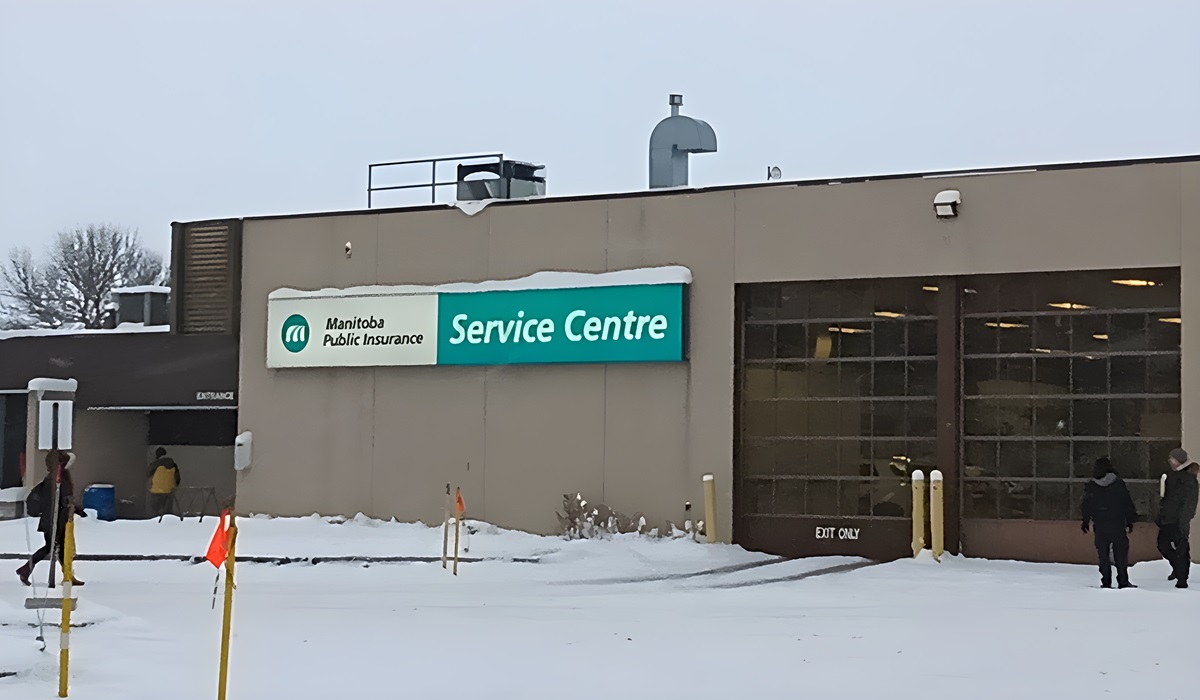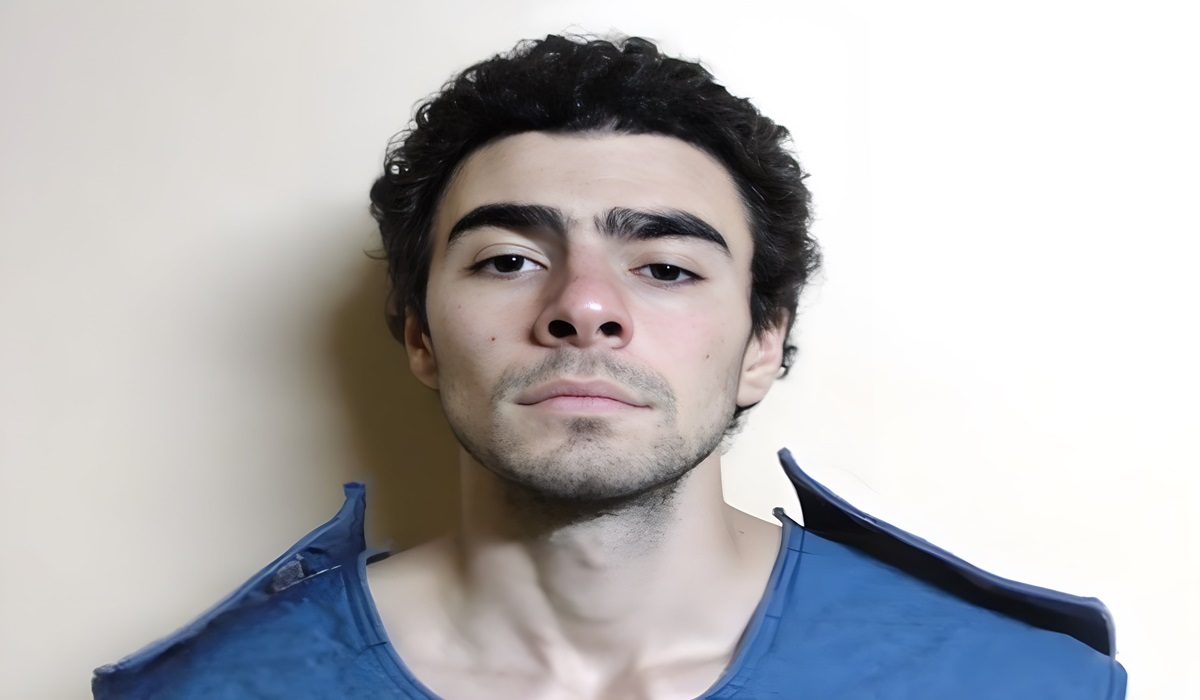Indigenous communities are flattening the COVID-19 Curve
- TDS News
- Indigenous
- Breaking News
- July 25, 2020
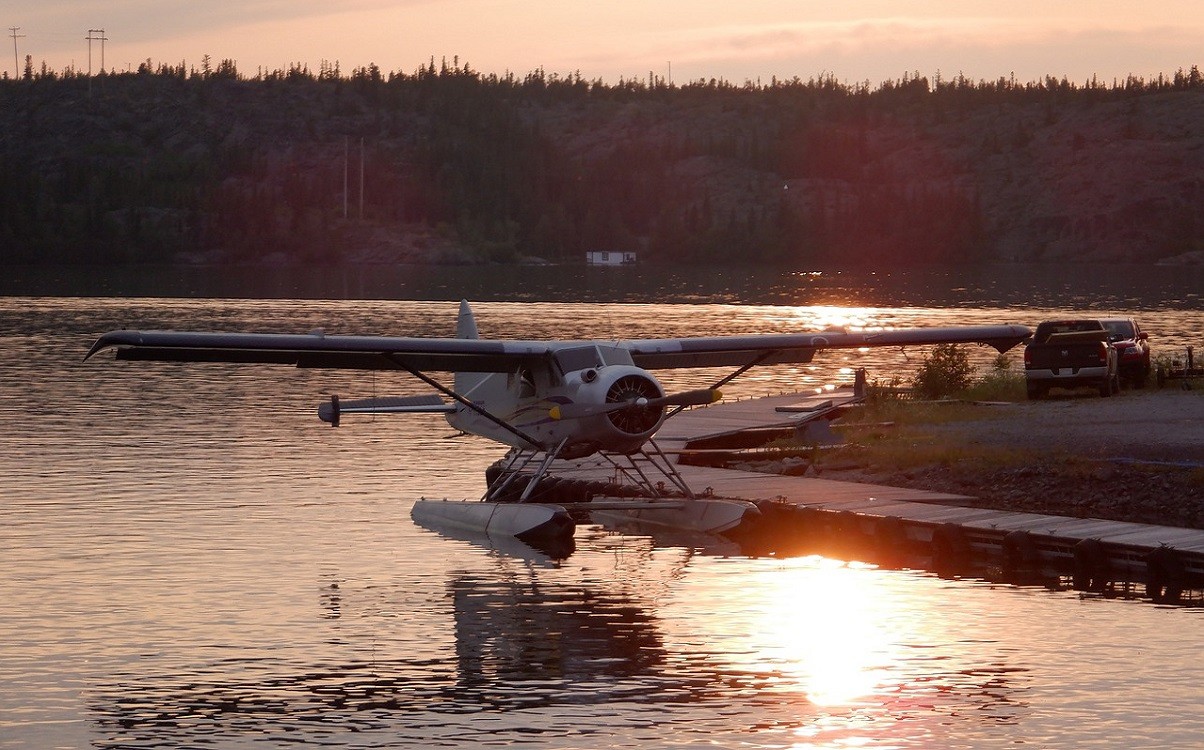
1,347 personnel have been transported in and out of remote and isolated First Nations communities across Canada
Although many Indigenous communities within Canada are remote, they are still not immune to the deadly coronavirus. To flatten the curve of the pandemic, the Indigenous communities have done their part with limited reported cases across the country. To date, there has been a total of 368 confirmed cases in which all have recovered with the exception to 31 people still having on ongoing medical treatment.
Unfortunately, a new case on the remote island of Haida Gwaii, BC was reported this week. Health Canada is closely monitoring the recent case and will continue to work in close communication with that community and the First Nations Health Authority.

Individuals and communities across Canada need to remain vigilant in employing measures to protect themselves, their families and communities.
Indigenous Services Canada (ISC) has been working closely with First Nations communities and their leadership to make sure they have what they need to prepare for and prevent the spread of the coronavirus. The First Nations Health Authority exercises a similar key role in assisting BC First Nations communities. For the part, ISC is supporting communities’ COVID-19 response plans by strengthening health service capacity, community health infrastructure, infection prevention and control, and responding to requests for medical equipment, personnel and supplies.
To date, ISC has worked directly to support 361 Indigenous communities across Canada reviewing and updating their pandemic plans and/or communicable disease health emergency plans. Among them, over 260 communities have assessed the availability and suitability of existing physical spaces that could be used in the event of a community outbreak.
Personal Protective Equipment (PPE) requests are being processed quickly ensuring they get them into the community and has of the health care workers. As of July 21, 1,037 orders for PPE, including hand sanitizers, N95 masks, isolation shields, and gloves have been shipped to Indigenous communities across Canada.

On July 15, 183 nurses and other health care professionals flew into and 142 flew out of 47 fly-in First Nations communities in Alberta, Manitoba and Ontario. Since the first flights in April, a total of 1,347 personnel have been transported in and out of remote and isolated First Nations communities across Alberta, Manitoba and Ontario. For all of these communities, the ongoing delivery of essential services and supplies in an environment where travel is limited is particularly challenging but critical to Canada’s overall response to COVID-19.
To help organizations and communities provide support to First Nations off-reserve and Inuit and Metis living in urban areas during the COVID-19 pandemic, the Canadian Government has committed a total of $90 million in funding, between March 18, 2020 and May 21, 2020, through the Indigenous Community Support Fund. Successful recipients of the additional $75 million were informed of the results on June 29, 2020 and the funding will be disbursed to recipients in the coming weeks.
This week, Minister Vandal announced the $8.4 million for Manitoba organizations, which are spearheading local initiatives such as: providing care packages for vulnerable community members; increasing mental health supports; offering educational support for children; and ensuring food security during the pandemic.
As we look ahead with cautious optimism, Indigenous communities will continue to see ongoing support from the Canadian Government.

